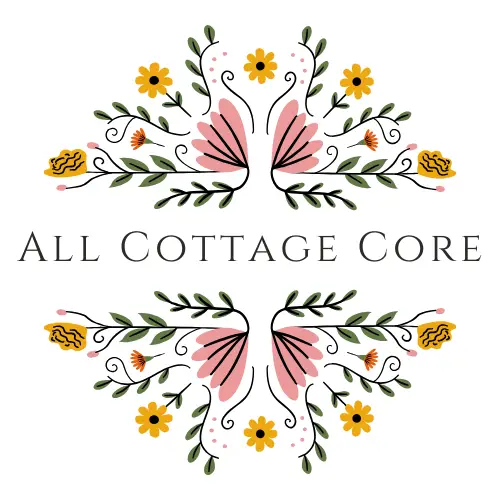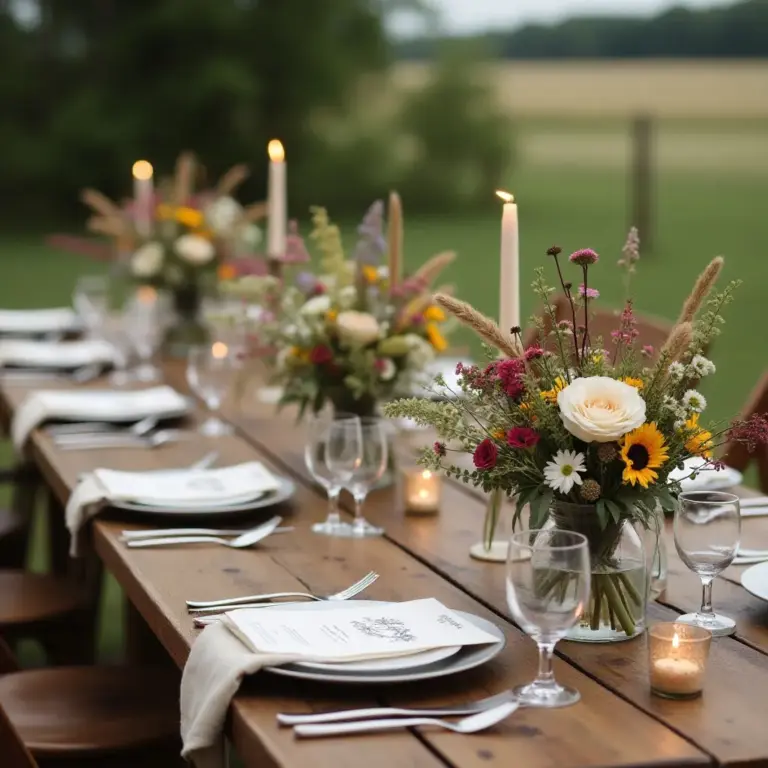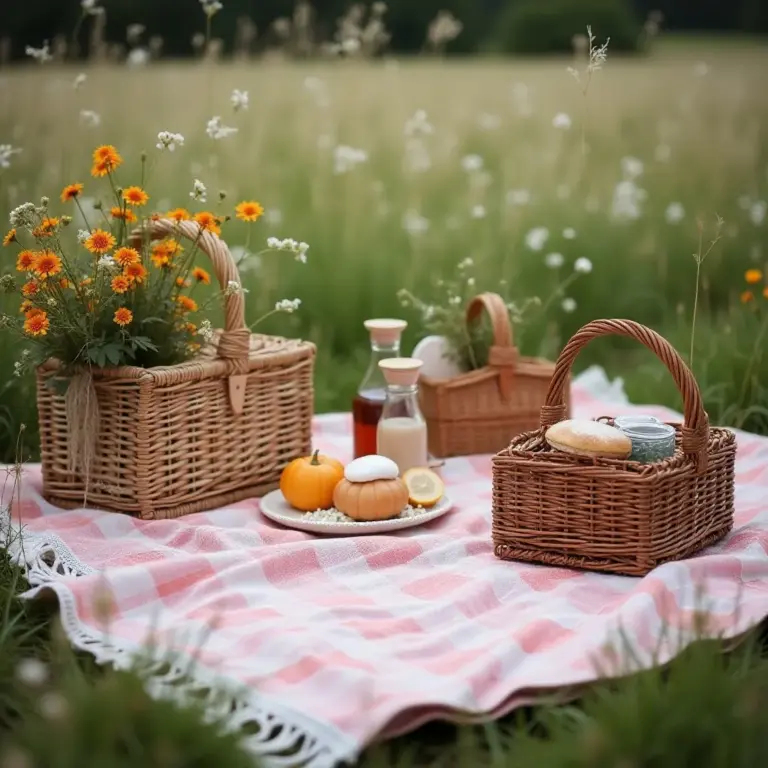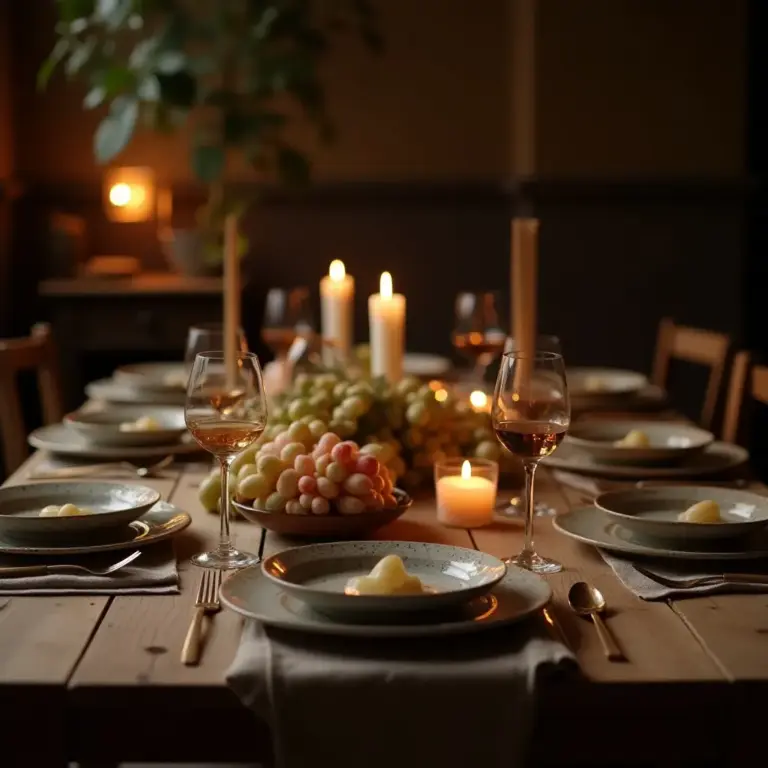Essential Insights
- Nature Connection: Foraging fosters a deep connection with the environment, enhancing appreciation for wild plants.
- Sustainability: Gathering wild food promotes sustainable living by reducing dependence on store-bought produce.
- Health Benefits: Wild plants like dandelions and nettles are nutrient-rich, offering more vitamins than cultivated varieties.
- Safety and Ethics: Always forage responsibly, respecting local regulations and ensuring environmental protection.
- Educational Value: Foraging is an engaging way to learn about plant identification and nature’s bounty.
Introduction to Foraging Outings
Imagine stepping into a world where nature is your pantry. Cottagecore foraging events offer a delightful way to learn about gathering wild plants and herbs safely. These outings are perfect for those who love the idea of living in harmony with nature, just like in the stories of old countryside life.
During a recent foraging workshop, I discovered the joy of identifying edible plants like wild garlic and nettles. These plants not only add flavor to meals but also connect us to the environment. Always remember to bring a field guide and never forage alone.
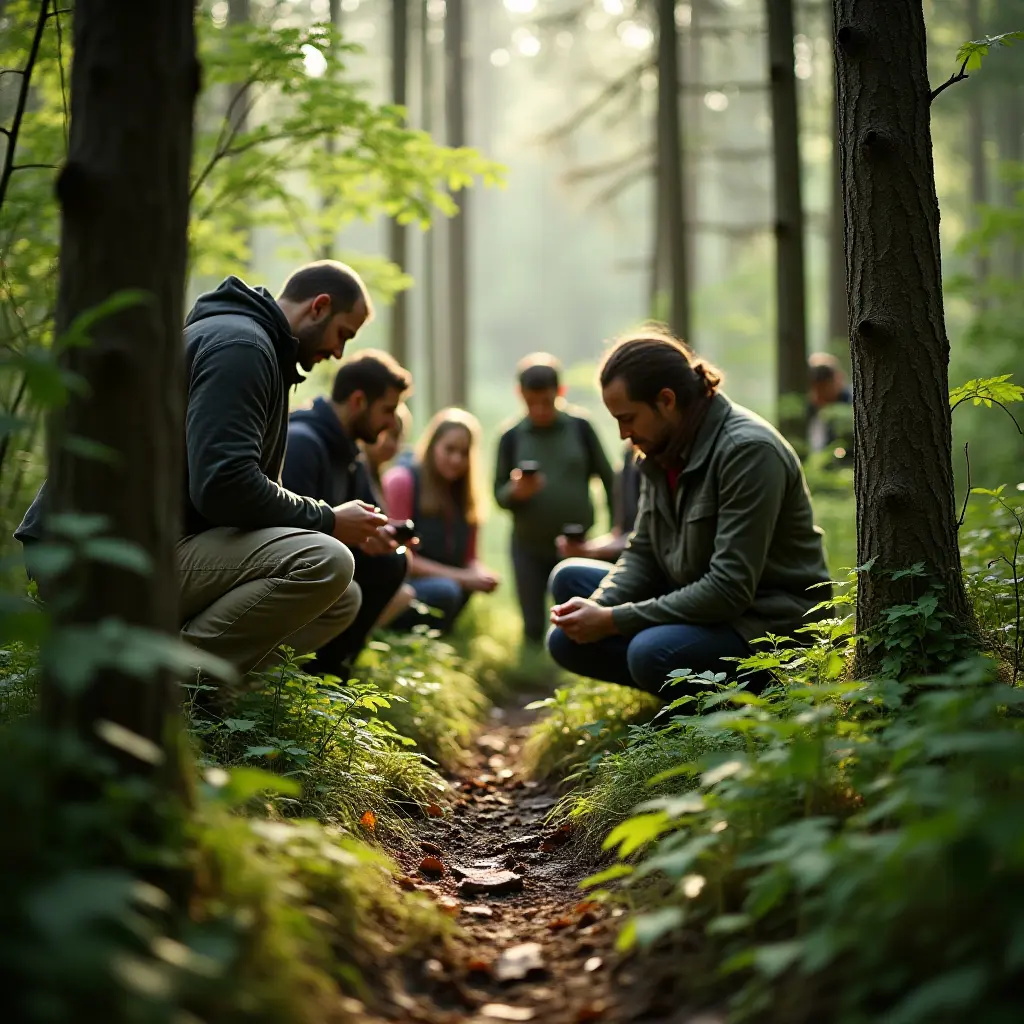
For more on embracing a nature-inspired lifestyle, check out our article on cottagecore native plants.
Benefits of Learning to Forage
Learning to forage offers a host of benefits that align perfectly with the cottagecore lifestyle. Here are some key advantages:
- Connection to Nature: Foraging helps you connect deeply with the environment. You learn to recognize plants, understand their roles in nature, and appreciate the beauty of the wild.
- Sustainable Living: By gathering your own food, you reduce reliance on store-bought produce, promoting sustainability. This practice echoes the values of living gently on the earth.
- Health Benefits: Wild plants and herbs often contain more nutrients than cultivated varieties. For example, dandelion greens are packed with vitamins A and C.
- Fun and Educational: Foraging is a great way to spend time outdoors while learning. It’s like a treasure hunt, where each plant is a new discovery.
To explore more about sustainable practices, check out our article on sustainable cottagecore home decor.
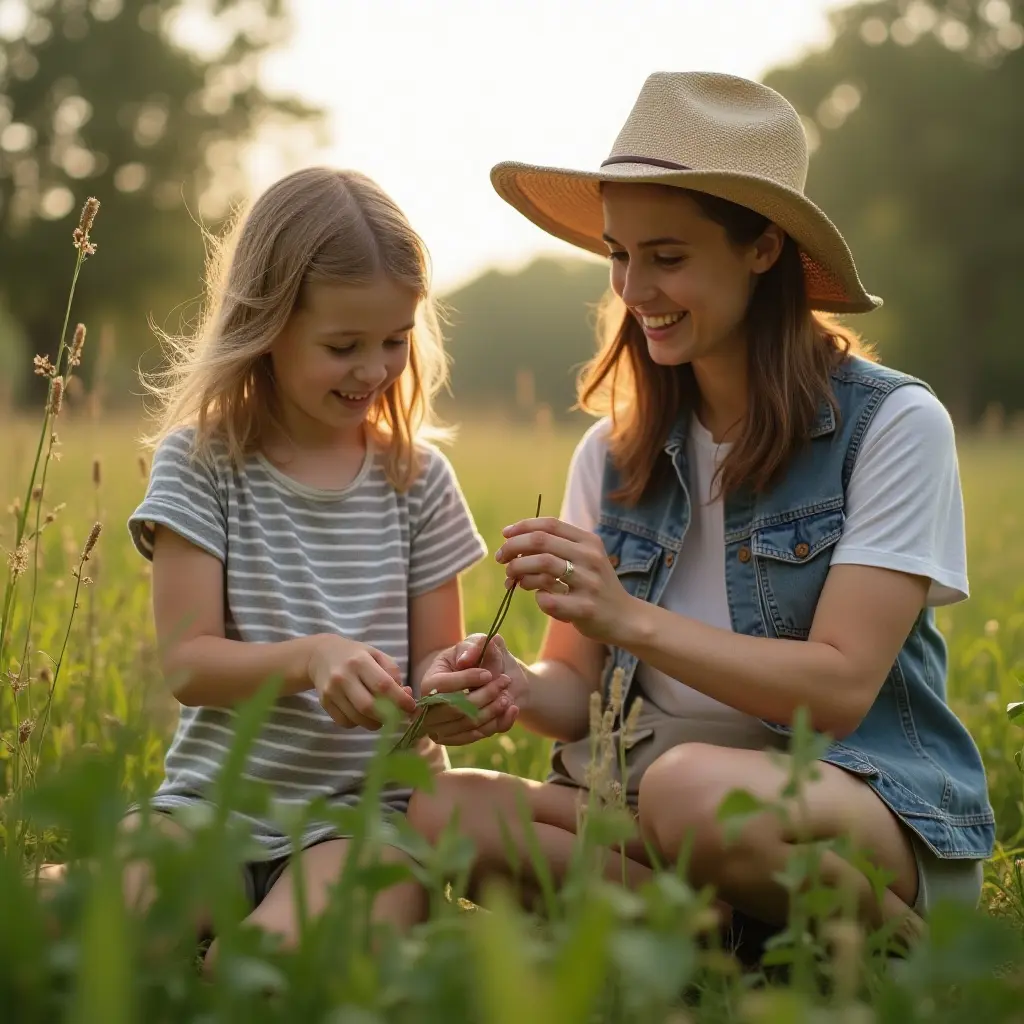
Planning a Foraging Workshop
Planning a foraging workshop is an exciting adventure that brings people closer to nature. Here’s how you can create a memorable and safe experience for everyone involved.
Choose the Right Location
Look for places rich in diverse plant life, like forests or meadows. Make sure the location is accessible and safe for all ages. It’s important to check local regulations about foraging to ensure you’re allowed to gather plants there.
Gather Essential Materials
- Field Guides: Bring books or apps to help identify plants.
- Foraging Baskets: Use baskets or cloth bags to collect plants gently.
- Safety Gear: Wear gloves and sturdy shoes to protect yourself.
Invite Knowledgeable Guides
Having an expert guide is crucial for a successful workshop. They can help identify edible plants and teach about their uses. You might even learn some fascinating stories about the plants you find!
Promote Safety
Always remind attendees to forage responsibly. Teach them to pick only what they need and to avoid harmful plants. Encourage them to leave the environment as they found it.
For more tips on creating a nature-inspired event, visit our guide on hosting cottagecore gatherings.
Safety and Ethical Considerations in Foraging
Safety and ethical considerations are crucial when participating in cottagecore foraging events. Always ensure you have permission to forage in the area. Some places protect certain plants, so check local rules before you start picking.
Being safe means knowing which plants are edible and which are not. Many wild plants look similar, so use a reliable field guide or app to help identify them. Remember, if you’re unsure, it’s safer not to eat it.
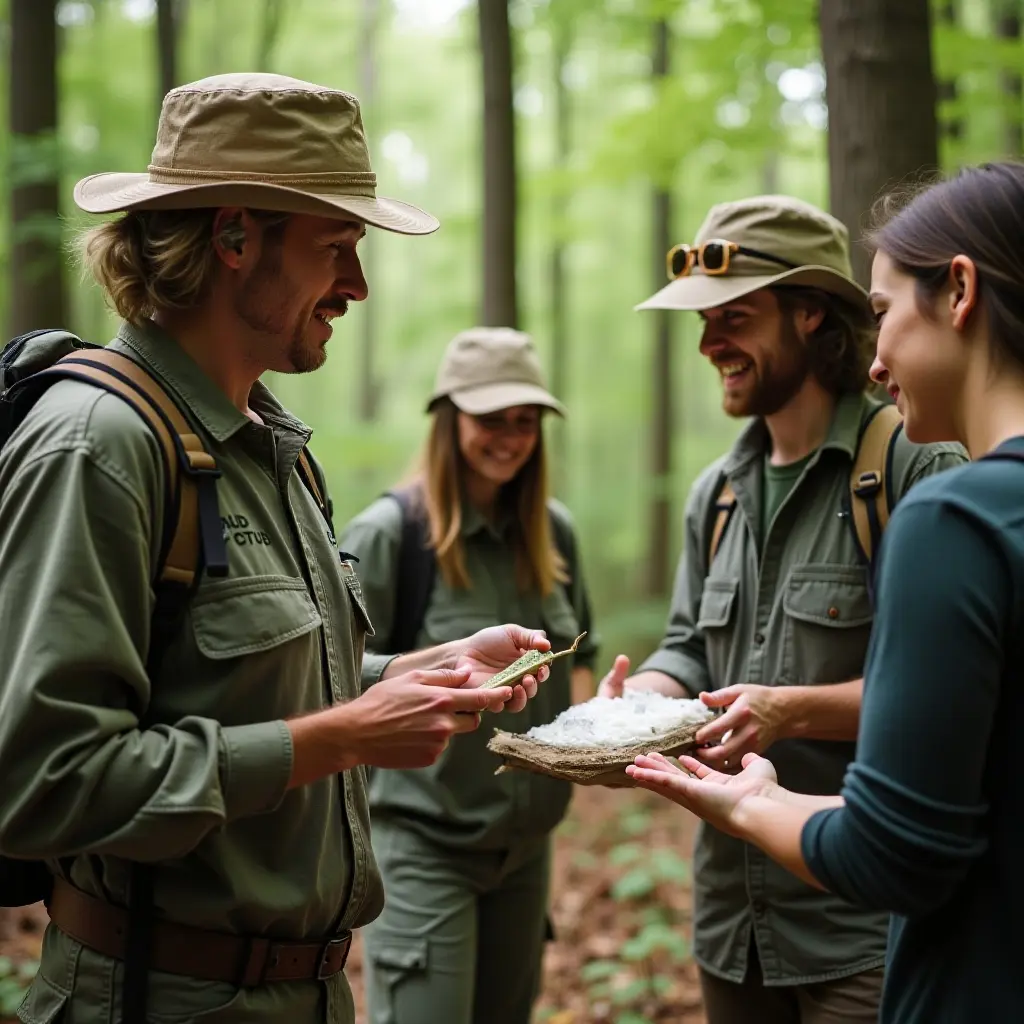
Ethical Foraging Tips
- Take Only What You Need: Leave enough plants for wildlife and for them to grow back.
- Protect the Environment: Be gentle with plants and avoid stepping on them.
- Respect Wildlife: Forage quietly to avoid disturbing animals.
For more on living harmoniously with nature, explore our article on cottagecore natural lighting.
Identifying Wild Plants and Herbs
Identifying wild plants and herbs is like solving a nature puzzle. During cottagecore foraging events, you’ll learn to recognize various plants by their unique features. Always start with the basics: observe the leaves, flowers, and stems. These parts hold clues to the plant’s identity.
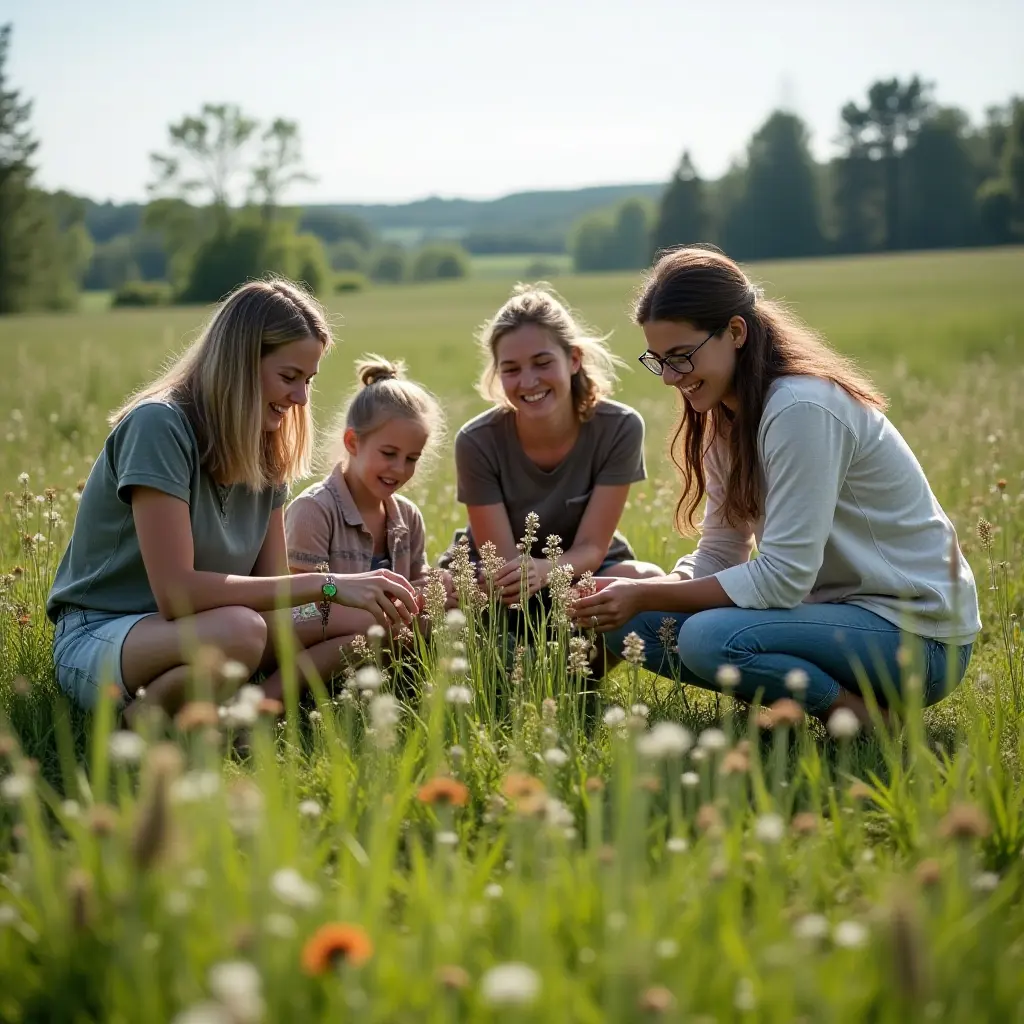
Common Plants to Recognize
- Dandelions: Look for bright yellow flowers and jagged leaves. These are often found in sunny fields.
- Wild Garlic: Identify by its strong garlic smell and clusters of white flowers.
- Nettles: Recognizable by their jagged leaves and tiny stinging hairs. Wear gloves when handling them!
It’s helpful to use a trusted online guide or app for accurate identification. Remember, some plants can be tricky, so when in doubt, ask an experienced forager for help. This ensures you only gather safe, edible plants.
For more on connecting with nature through simple activities, explore our article on cottagecore nature crafts.
Sustainable Foraging Practices
Sustainable foraging is all about respecting nature while enjoying its bounty. During cottagecore foraging events, it’s important to follow practices that protect the environment. Here are some key tips:
- Know the Laws: Always check local regulations. Some areas have rules to protect certain plants and habitats.
- Take Only What You Need: Leave enough for wildlife and future growth. This ensures plants can thrive for years to come.
- Rotate Foraging Spots: Avoid picking from the same place every time. This helps prevent overharvesting.
Remember to forage gently, avoiding damage to plants and their surroundings. This way, you ensure that the ecosystem remains healthy and balanced.
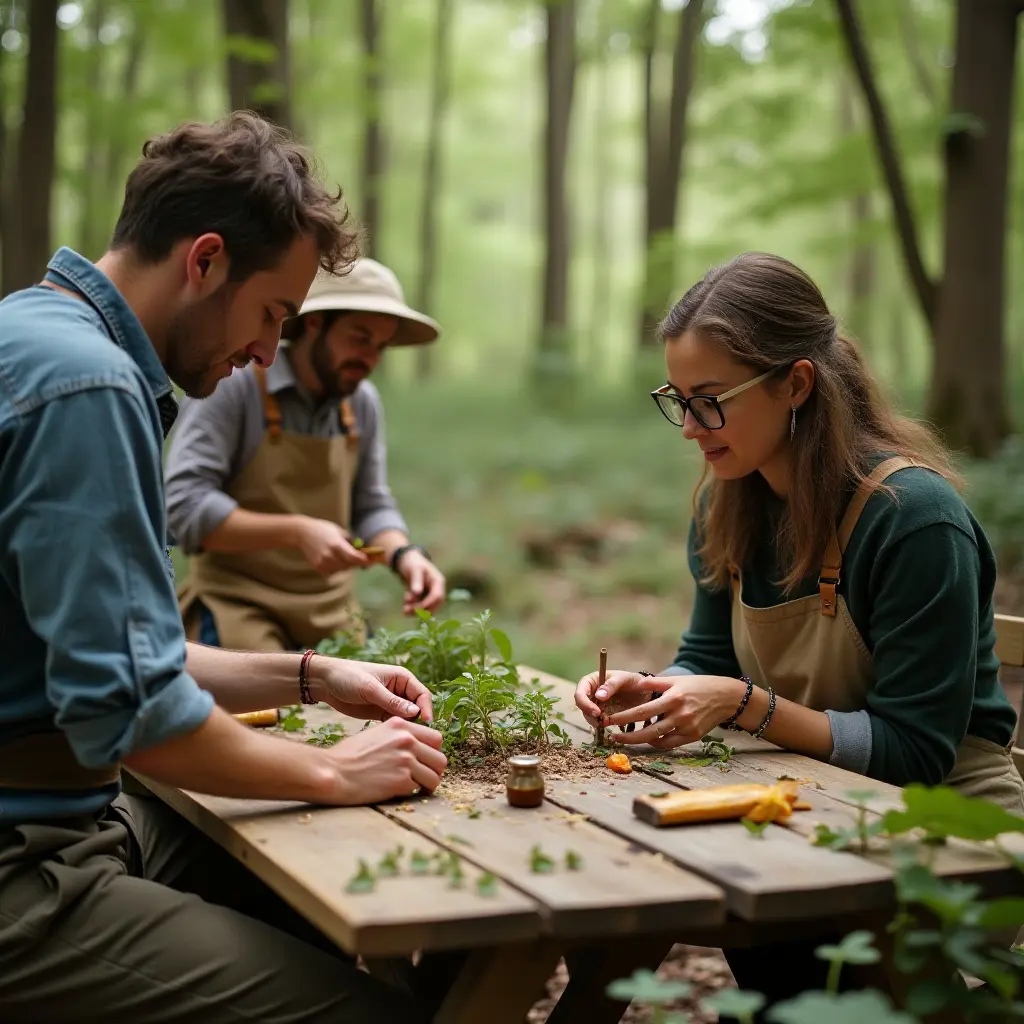
For more tips on living in harmony with nature, visit our article on cottagecore water conservation.
Conclusion and Encouragement to Explore
Exploring nature through foraging is a fun and rewarding journey. It helps you connect with the environment and learn about the plants around you. So, grab a basket and a field guide, and start your own cottagecore foraging adventure today!
FAQ
- What is foraging? Foraging is the practice of gathering wild plants and herbs for food and other uses.
- Is foraging safe? Yes, if done responsibly with knowledge of plant identification and local regulations.
- What should I bring to a foraging outing? Bring a field guide, gloves, sturdy shoes, and a basket for collecting plants.
- How can I learn about edible plants? Attend workshops, use field guides, or consult experienced foragers for guidance.
- Why is sustainable foraging important? It ensures the preservation and health of ecosystems for future generations.
